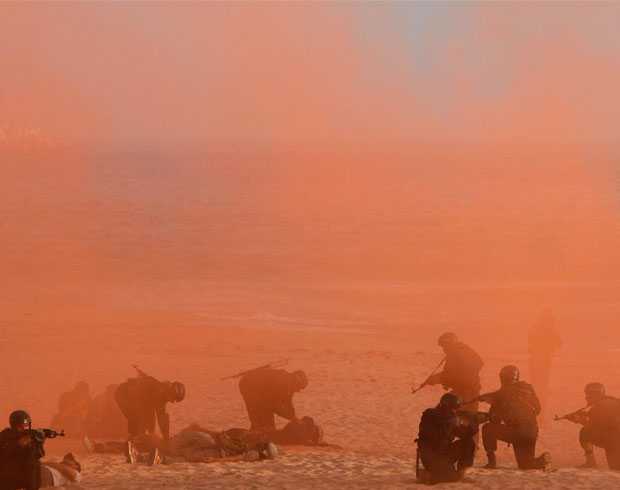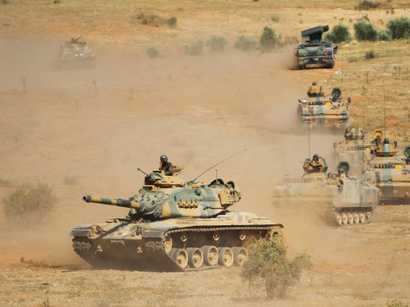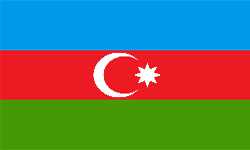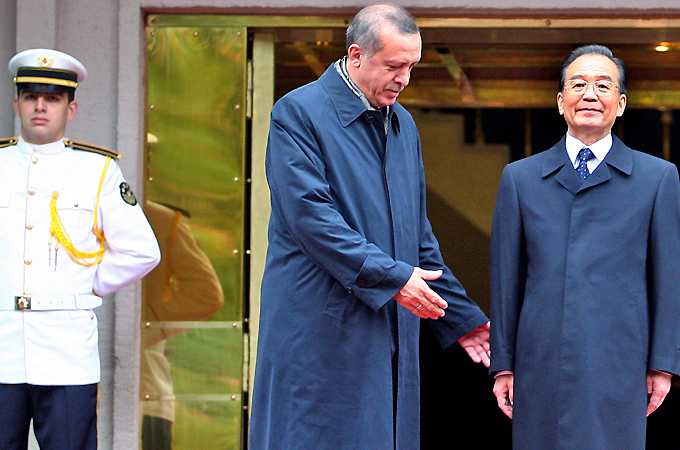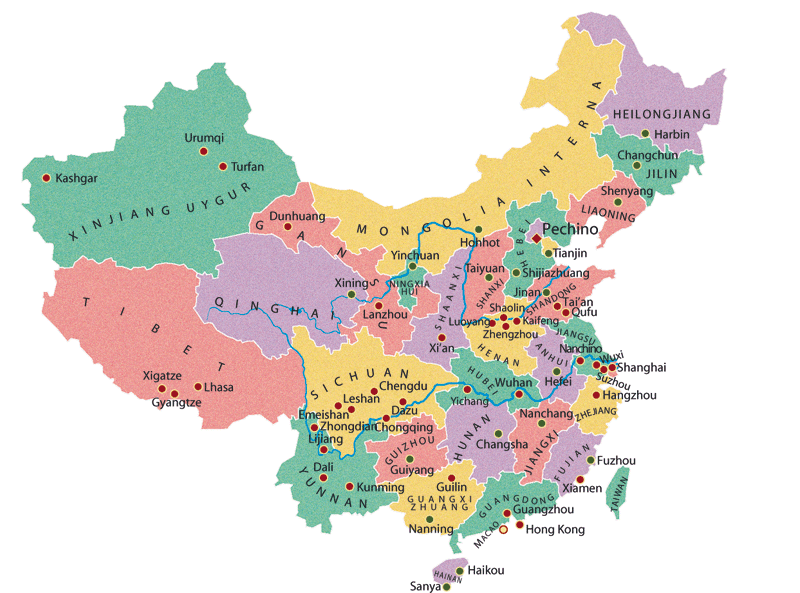* Five Turkish F16s, combat pilots participated in the exercise
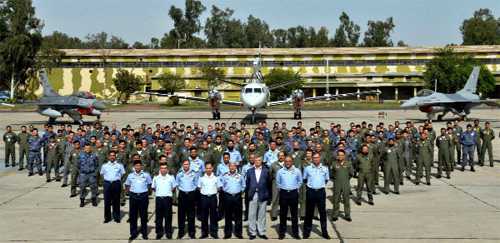
ISLAMABAD: The international air exercise Indus Viper-II between the Pakistan Air Force (PAF) and Turkish Air Force (TuAF) concluded at an operational air base of the PAF on Sunday.
TuAF Chief of Operations Maj Gen Ares Mehmat was the chief guest at the culmination ceremony. PAF Deputy Chief of the Air Staff (Operations) Air Marshal Waseemud Din and Turkish Ambassador M Babur Hizlan were also present at the occasion. The Turkish Air Force contingent comprising five F16s C&D (Fighting Falcons), combat pilots and ground technical crew participated in the air exercise, conducted from March 4 to16.
The Pakistan Air Force emphasises on the combat training of its air and ground crew and regularly undertakes air exercises with allied air forces. These exercises not only play a vital role in honing the combat skills of PAF aircrew but also enable them to learn the latest air power employment strategies in complex theatres of warfare.
The prime objective of the exercise was to excel in the air combat capability with focus on air power employment in any future conflict. The Pakistan Air Force conducts such exercises on regular intervals both inland and abroad. Air Exercise Indus Viper II provided an opportunity to combat crew of both the air forces to acquaint themselves with applied tactics of air power in near real scenario.
Pakistan Air Force has been participating in a number of international air exercises with some of the best air forces of the world, including the United States Air Force (USAF), Italian Air Force, Turkish Air Force and air forces of other allied countries. Exercise Anatolian Eagle is conducted on alternate year. Similarly, exercises Red Flag and Green Flag are conducted between the PAF and USAF on alternate years. Last year the PAF conducted the operational exercise Shaheen-I with PLA Air Force.
The brotherly countries Pakistan and Turkey have a long history of military cooperation. To enhance mutual understanding between the two air forces, the PAF and TuAF have been successfully conducting joint exercises for many decades. Exercise Indus Viper-II was also planned in the same backdrop and is the second air exercise in this category. agencies
via Daily Times – Leading News Resource of Pakistan – Pak-Turkey air exercise concludes.

